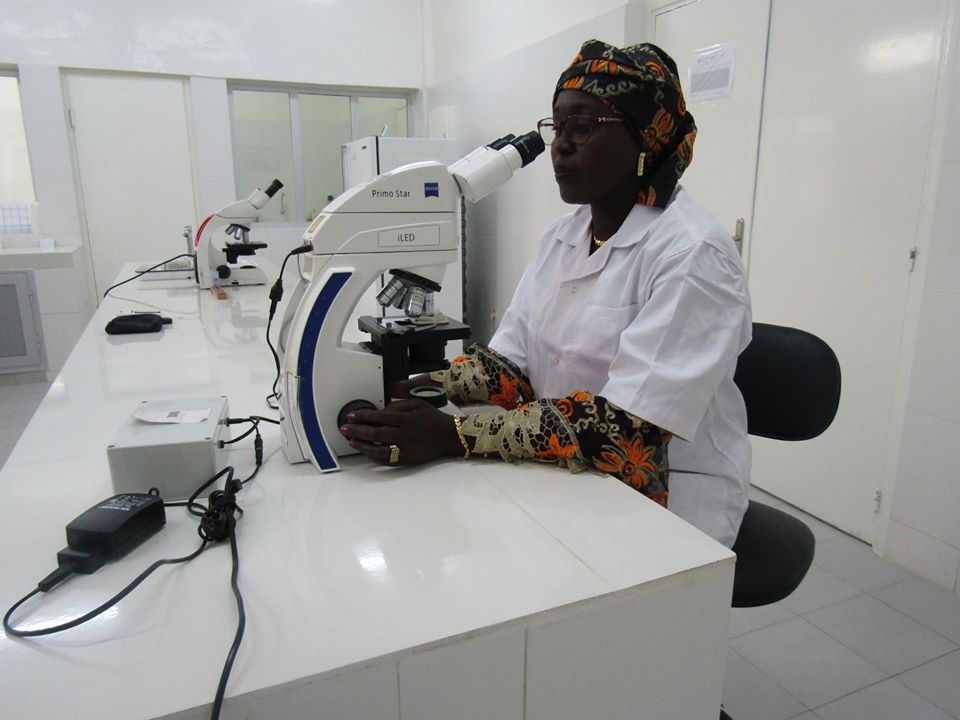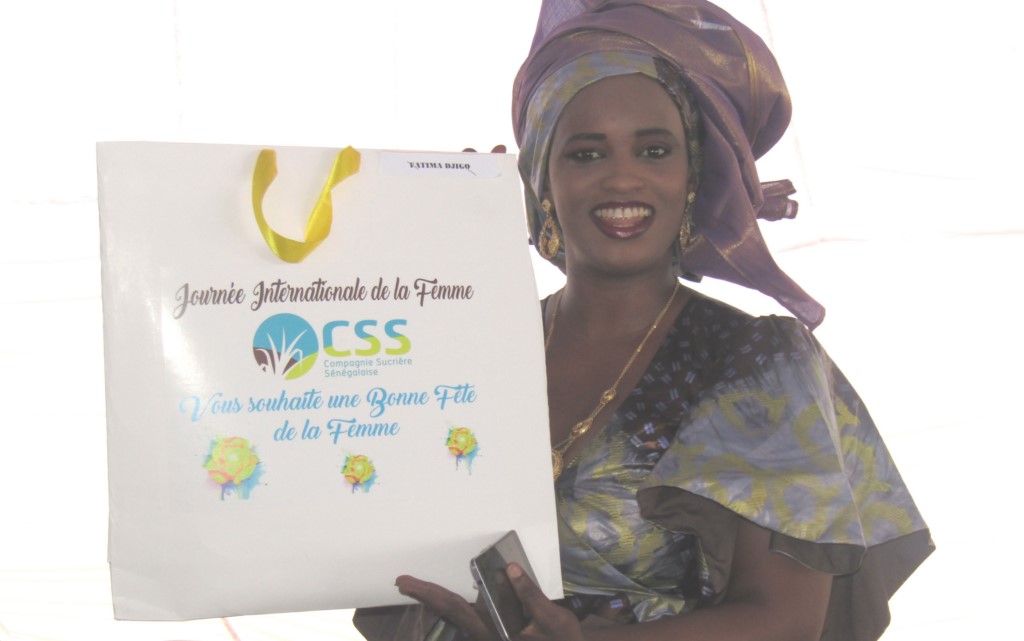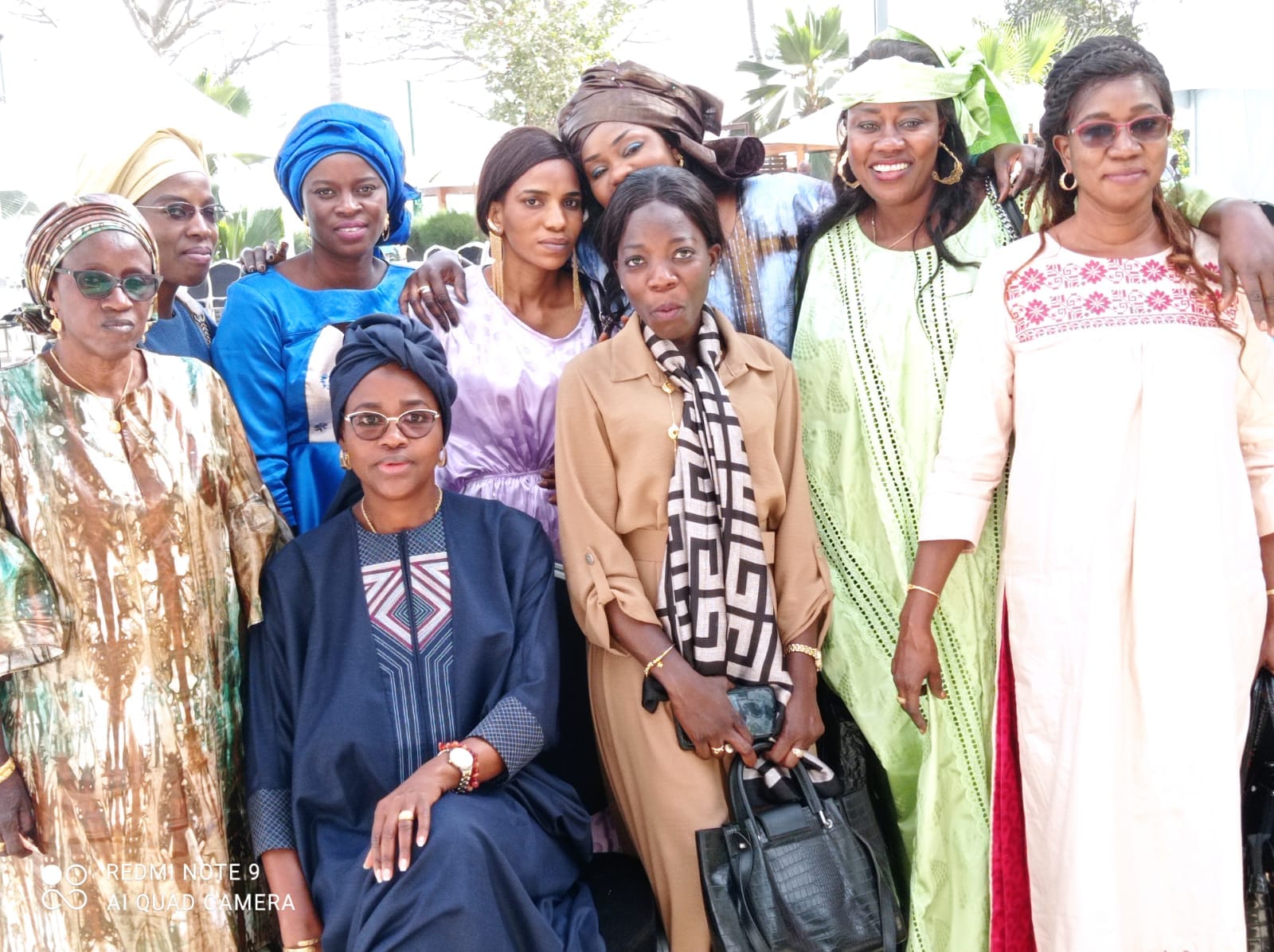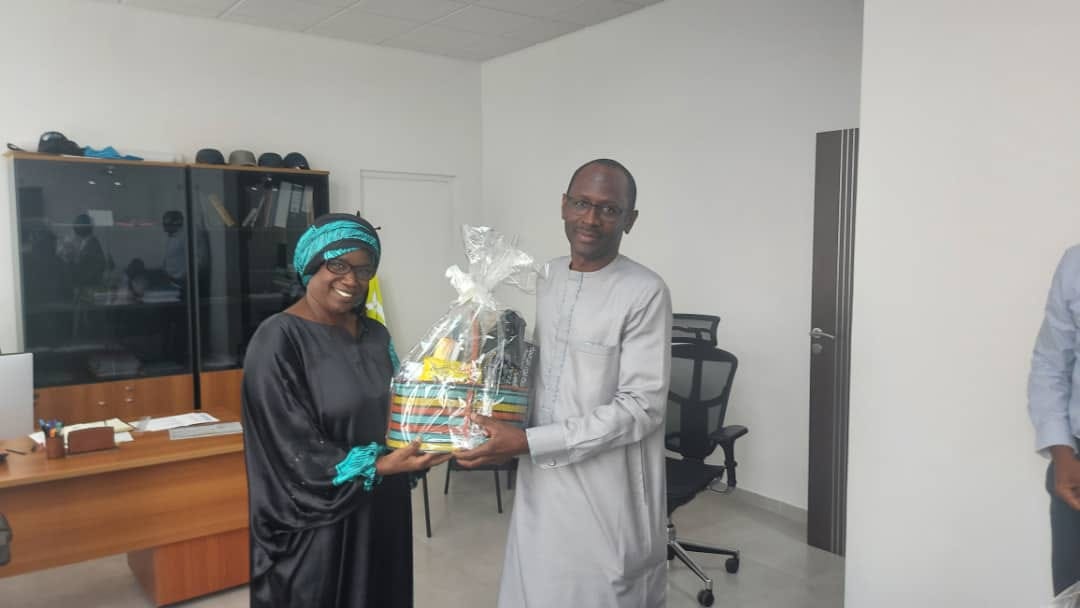
Sustainable development & CSR
SOCIAL
Company workers are our top priorities
Priority for Workers’ Health and Safety
- A medical structure composed of 5 doctors, 12 nurses, 7 nursing assistants, 1 laboratory technician, 4 lab technicians, 2 paramedics, 1 state midwife, 1 therapeutic educator, 1 radiology technician has been set up for the medical monitoring of workers and their families. In addition, there is a Mutual for their health coverage, a total of 70,000 beneficiaries.
- A commissary (company store) is available for the supply of basic necessities.
- In order to facilitate access to housing, the CSS offers to its employees a housing cooperative named “400 Logements” and located near the factory.
Women of the Company still in the spotlight
- A ceremony is organized on March 8, International Women’s Rights Day, to honor all the women of the Company. This ceremony, taking place in a very convivial spirit, is a moment to have a fruitful exchange with the General Management. It is a special occasion to offer gifts to women.
- During the month of Ramadan, ‘paniers ndogou’ (gift baskets for the breaking of the fast) are also distributed to women.
Special arrangements for particular occasions
- Every year, travel tickets for the Pilgrimage to Mecca (12 employees/year) and to Rome (4 employees every 2 years) are offered to workers.
- During the month of Ramadan, Ndogou (breaking of the fast) is offered to all shift staff (2 p.m. to 10 p.m.).
- Every year, at New Year’s Eve (December 31), a dinner is offered to all shift staff (10 p.m. to 6 a.m.).
SOCIETAL
Territorial anchoring through local development
Dialogue with local stakeholders
This dialogue began with the identification of effective interlocutors such as the Mayors, the Sub-Prefect and the Prefect. This has led to a better involvement of local authorities in the Company’s project and, above all, a better understanding of the expectations of local people for efficient actions.
Local labor prioritization
For recruitment needs, the Human Resource available in the city of Richard Toll is prioritized.
Participation in National Development
Through an agreement signed with Richard Toll’s ISEP (Higher Institute of Professional Education), the CSS participates in the training of young graduates. The apprenticeship training program which takes place in two stages: initially through face-to-face courses, some of which are provided by the Company’s executives and secondly a training (internship) on site. At the end of these two years of training, the best are hired.
Participation in the Development of Agriculture and Livestock in the City and its surroundings
To combat the effects of drought on local livestock, the CSS has implemented support actions for breeders:
- Numerous water points and ponds installed allow water supply to the livestock (only 100,000 heads of cattle at the Ndoumbélène pond);
- During the production campaign period, a distribution of nearly 300 tons of straw per day is organized;
- Fifteen free molasses distribution points are available for cattle feed.
4,500 hectares are exploited by more than 12,000 farmers, in the form of vegetable gardening and rice cultivation irrigated from the CSS water network, without any compensation.
The populations’ growth through development
- Supporting people’s development through access to goods and services is essential for the Company. Thus, drinking water is distributed to more than 300,000 villagers on a daily basis.
- The construction and rehabilitation of mosques, schools, health centers, cemeteries, more than 30 km of trails and footbridges are refurbished. More than 15 km of laterite tracks have been built to facilitate the accessibility of certain areas to the populations. This facilitates business activities.
ENVIRONMENT
Our priority : Ensuring a healthy environment for future generations,
Reduction of greenhouse gas emissions
- Being the first company in Senegal to set up a Clean Development Mechanism (CDM) project and the third in West Africa, The Compagnie Sucrière Sénégalaise selected several boilers powered by bagasse and heavy fuel oil for a production capacity of 15MW.
- With the KT150 project, the company has embarked on the rehabilitation of its 4 old ones as well as the installation of a new, more efficient and environmentally friendly. The addition of the latter comprising a turbogenerator with a power of 25MW 150 tons/hour of steam contributed to make our facilities energy self-sufficient. Thus, we proceeded to the electrification of the pumping stations that are essential to the irrigation of our agricultural areas.
- All of these positive performances enabled the granting of carbon credits estimated at 262,000 tons.
An example of an integral circular energy model: from cane to cane…!
- The cane harvested at the plot is sent to the factory to be processed and then crushed to extract the juice. This is quickly sent to the factory to be refined and produce sugar.
- The woody material after extraction is used to feed boilers for energy purposes. Similarly, the straw harvested from the plots is partially used to feed the population’s livestock.
- The main residue of juice processing is molasses. This is partially sent to the Distillery to produce ethanol. The other part is intended to be used as an input in the production of livestock feed.
- The vinasse, ashes and sludge from the distillation process are reused to fertilize cane plantations. The CO2 released from the distillation fermenters is recovered by a specialized private company.
Integrated Water Resource Management (IWRM) at the heart of sustainable agriculture
The new agricultural extensions were mainly carried out in very sandy areas. This choice is explained first of all by the fact that within the framework of the state policy of food self-sufficiency, the CSS preferred to leave the clayey lands close to rivers such as the Senegal River and the Taouey for rice farming and vegetables gardening activities.
Moreover, the installation on desert lands obeys a desire to contribute to the Great Green Wall in order to fight against desertification.
These extensions in sandy areas were possible thanks to the adoption of drip water which provides the plant with the right amount of water (thus avoiding percolation and contamination of the water table) and the strict need for inputs.
This successful IWRM experiment has led to the adoption of similar irrigation technology in former agricultural areas. In fact, in order to limit drainage and especially the loss of inputs, furrow irrigation by flexible sheath is beginning to develop, thus taking over from gravity irrigation.
Finally, the management of our wastewater has not been left out. The plant’s wastewater treatment unit, which has two series of 4 lagoon basins each, allows us to treat our plant process water. These are reused in the irrigation network of our plantations.
The drainage waters of the latter also undergo the same process. Pumping stations are set up to limit discharges to the ocean via the river. Our “Re-use” policy also enables us to reinject this water, in some places, into our irrigation network.
FONDATION MARIE LOUISE MIMRAN
Serving humankind with supporting actions impemented without geographic limitation.
The Compagnie Sucrière Sénégalaise also supports the Fondation Marie Louise MIMRAN in its actions which have a national scope. The Foundation promotes national emergence through development initiatives. These actions mainly involve education and health sectors.




